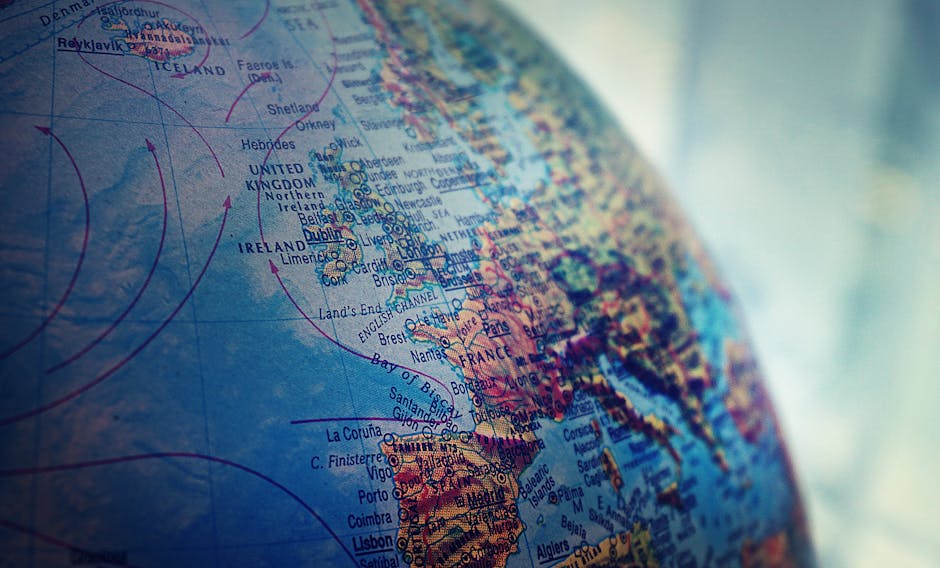As the sun rises over parched landscapes and rivers run dry, the world faces a looming crisis that threatens not only our natural ecosystems but also the very fabric of human existence. The global water shortage is a reality that many are only beginning to grasp, and its implications are staggering. With over two billion people currently living in water-stressed areas, the urgency for action has never been more critical.
This crisis is not merely an environmental issue; it is a social, economic, and humanitarian catastrophe in the making. As populations grow and climate change accelerates, the demand for fresh water continues to outstrip supply. In many regions, the consequences are already visible: agricultural yields are declining, health crises are escalating, and conflicts over dwindling resources are becoming more frequent. Understanding the complexities of this issue is essential if we are to navigate the challenges ahead and secure a sustainable future.
The causes of the global water shortage are multifaceted, with climate change playing a pivotal role. Rising temperatures lead to increased evaporation, reduced snowpack, and altered precipitation patterns, all of which contribute to diminishing freshwater supplies. Furthermore, human activities such as deforestation, urbanization, and industrialization exacerbate the problem. As natural water sources are contaminated or depleted, the gap between supply and demand widens, putting immense pressure on communities, particularly in developing nations.
In addition to environmental factors, socio-economic elements significantly influence water scarcity. Inequitable distribution of resources often leaves marginalized populations without access to clean and safe water. Women and children, in particular, bear the brunt of this crisis, often spending hours each day fetching water for their families. This not only hinders their ability to pursue education or employment but also perpetuates cycles of poverty and inequality. Addressing these disparities is crucial for fostering resilience and ensuring that all individuals have the right to this essential resource.
Innovative solutions are emerging to combat the water crisis, offering a glimmer of hope in an otherwise daunting landscape. Advances in water conservation technologies, such as drip irrigation and rainwater harvesting, can help optimize usage in agriculture, which accounts for a significant portion of global water consumption. Additionally, initiatives aimed at improving water management practices and policies can lead to more sustainable usage and equitable distribution. Collaborative efforts among governments, NGOs, and local communities are vital to implement these solutions effectively.
As we confront the reality of the global water shortage, it is imperative to recognize the power of collective action. Each of us has a role to play in conserving water and advocating for policies that promote sustainability. From individual choices to large-scale initiatives, every effort counts in the fight against this silent crisis. By raising awareness and fostering a sense of responsibility, we can inspire change and ensure that future generations inherit a world where clean water is a fundamental right, not a privilege.
The path forward may be fraught with challenges, but it is also filled with opportunities for innovation and collaboration. Together, we can harness our collective will to address the water crisis head-on, transforming despair into hope. The time to act is now; our planet and its people depend on it.

